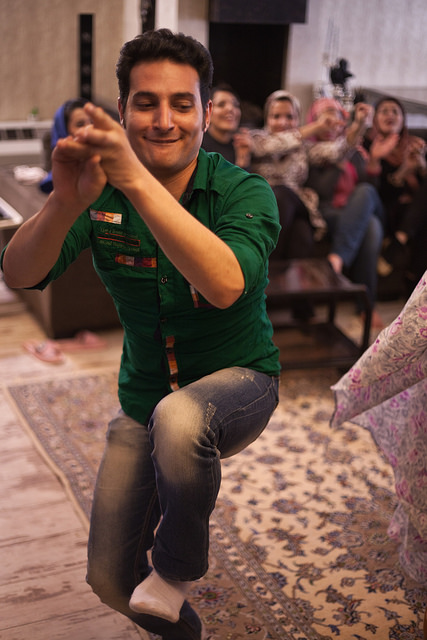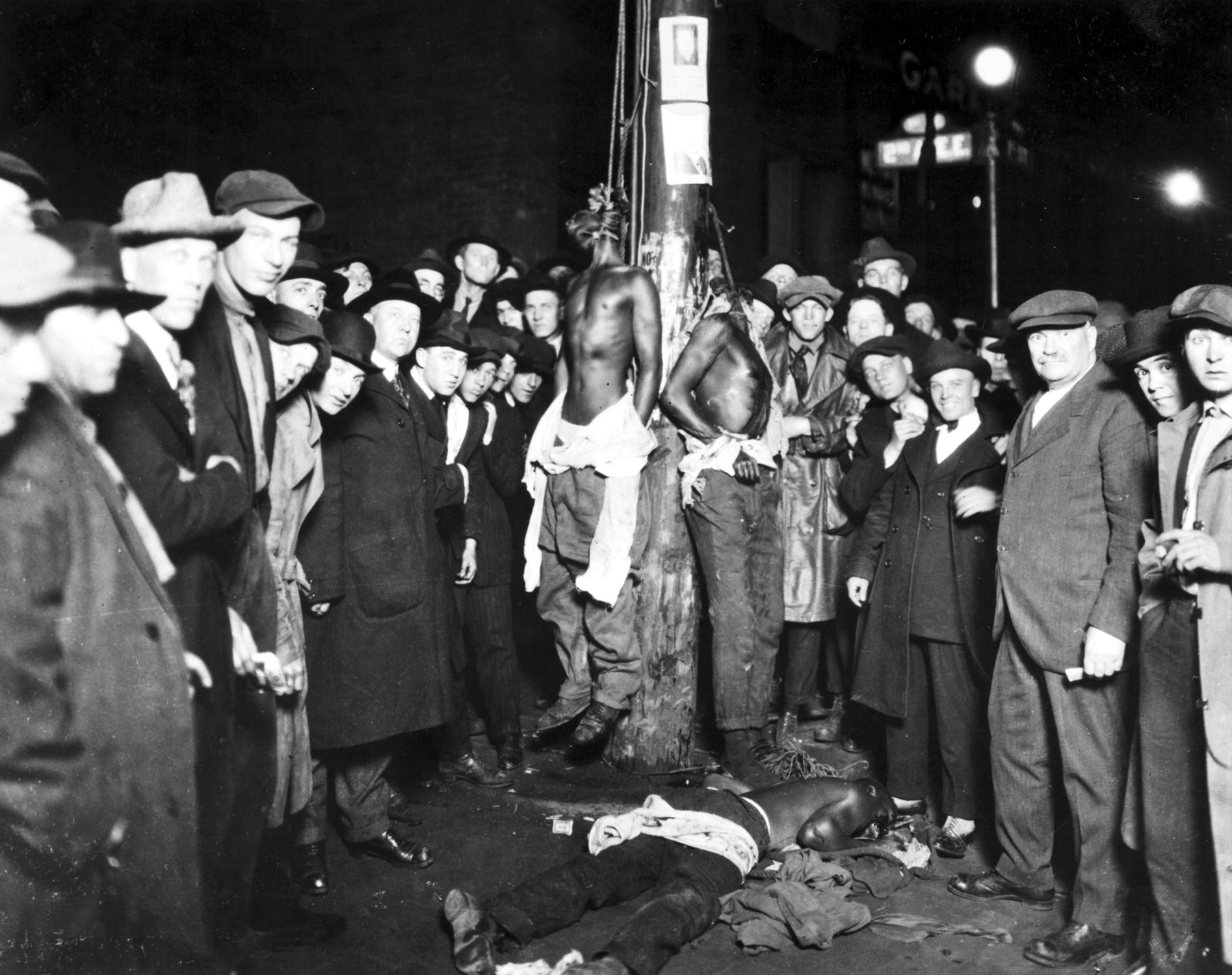Iranians Arrested after Celebratory World Cup Video
/TEHRAN, Iran — For the second time in the past few months, Iran authorities have arrested those involved in making a celebratory music video. Last month, six individuals were arrested and since released for filming a music video to the Pharrell Williams song “Happy”.
Iran vs. Portugal, Photo by Amiro
This week, three individuals have been arresting for filming a music video entitled “Gole Iran” by the London-based Ajam Band in support of Iran’s World Cup football team. VICE News reports that those arrested are two 23-year-olds, who can be seen in the video, and a 26-year-old photographer.
Like in the video that the young Iranians made to “Happy”, Iranian authorities have issue with the women in the videos being shown not wearing headscarves. The official IRNA news agency of the state released a quote from police chief Colonel Rahmatollah Taheri, who called the World Cup music video “vulgar”, according to Associated Press.
For this reason, the World Cup video was also condemned by Iranian authorities because it is illegal for women without scarves to be in—and especially dance in—public. In this World Cup video, both men and women can be seen dancing and singing in various locations in Iran, including the city where the arrests were made, Sharoud. They are shown waving Iran’s flag and playing musical instruments.
Iran has been known to censor websites in the past, but with the arrests made from the highly-viewed “Happy” video and “Gole Iran” videos it appears that Iranian authorities are making examples of viral videos to Mahsa Alimardani, an Iranian-Canadian internet researcher, specializes in human rights criticized the arrests telling Mashable, "They're trying to make a point about the world cup festivities, and this is the only way they can scare people. It's really ridiculous."
The punishment of the makers of the video echoes sentiments of the country’s hardliners who are aiming to steer the country away from what they consider Western “decadence”. However, the country’s more moderate president Hassan Rouhani has sought for more cultural and social tolerance in Iran. Despite this, internet censorship apparently still has a presence as this is the second public arrest made over a harmless YouTube video.
There are thirteen credited individuals in the making of “Gole Iran”, including the seven members of Ajam Band, who wrote the song played in “Gole Iran”. Aside from the seven-member band, there are six that were responsible for the directing, editing, filming, and graphics, according to VICE News. The roles of the individuals arrested in making the video remains unknown. In the case of the “Happy” arrests, the detained parties included the dancers and the film’s director.
The video published days before the World Cup commenced garnered 30,000 views on YouTube and now has over 300,000 views. Agence France-Press said the video aired on satellite television in Iran, which is watched illegally by many of its people. Iran was eventually knocked out of the competition June 25 after impressively holding their own against semi-finalists Argentina. Amir Jahnashai, the founder of an Iranian opposition television channel in London tweeted, “The entire Iranian nation today supports our football team. Such solidarity should be present in all fields,” as was the message of “Gole Iran”.
Follow Allyson on Twitter Twitter: @nahmias_report Contributing Journalist: @allysoncwright
Related articles
Iran arrests three over World Cup video (haaretz.com)
IRAN - Iran arrests three people for supporting their national football team (asianews.it)
Iran arrests 3 over World Cup video (journalstar.com)
Iran Arrests Its Own Citizens For Showing Public Support Of Iran's World Cup Soccer Team (libertynews.com)
Iran Arrests 3 World Cup Fans for "Vulgar" Celebration (thetower.org)
World Cup Video Gets Three Arrested in Iran (news.vice.com)

















